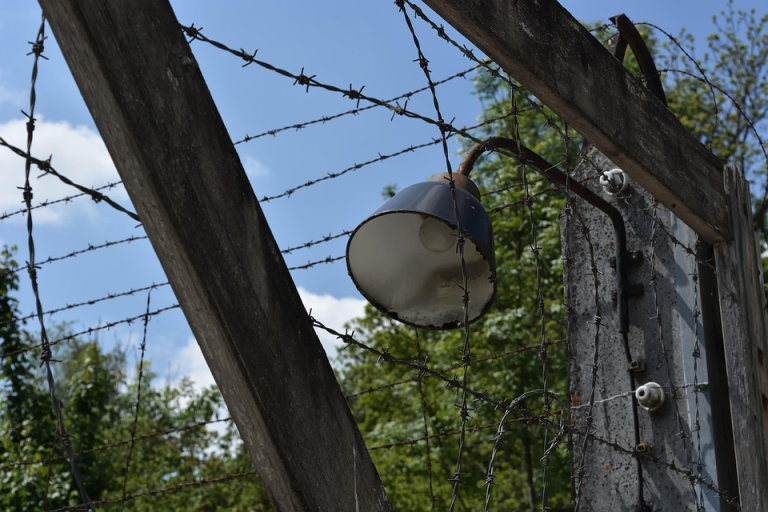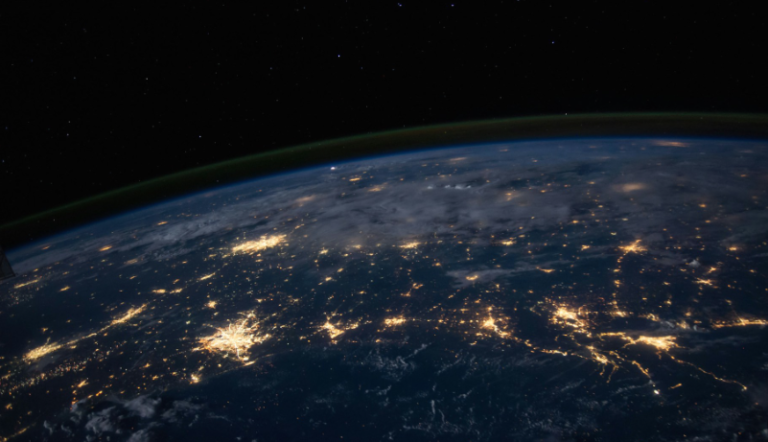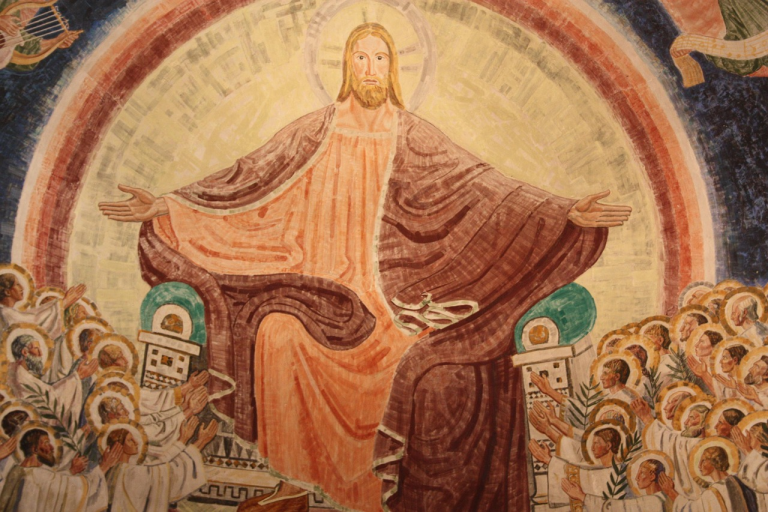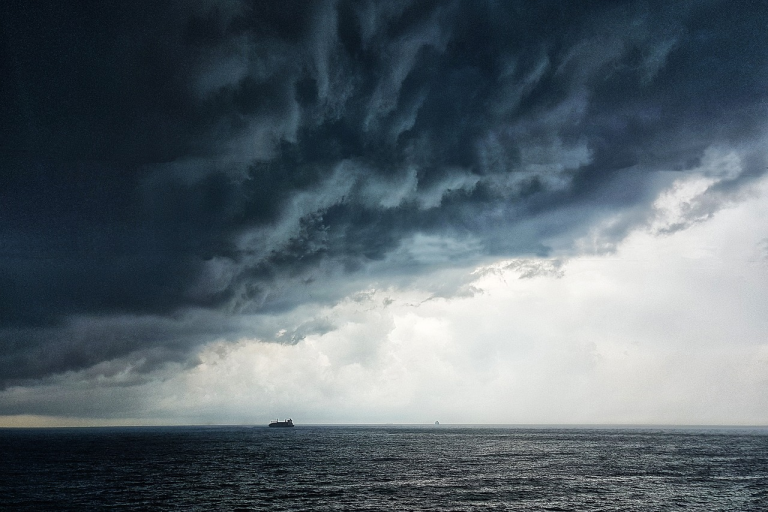Why We Won’t Spend Eternity in Heaven

On March 19, 2021, my father passed away. He was a remarkable person, and anyone who met him would remember him vividly. Since his death, I’ve been thinking more profoundly about death and what comes after.
One common misunderstanding is that we’ll spend eternity in heaven, gathered around God’s throne alongside the angels. It’s true that right now, deceased saints are worshipping God in heaven; the Bible is clear about this (for example, 2 Cor. 5:8; Phil. 1:23; Rev. 6:9–10). However, the church often lacks knowledge about what will happen after Christ’s second coming.
In the past century or so, evangelicals have focused more on what leads up to the eternal state, like the nature of the tribulation and the millennial kingdom, rather than on the eternal state itself. Let’s look at what the Bible says about the new heavens and earth and find some encouragement in it.
The New Cosmos
The most detailed description of the eternal state can be found in Revelation 21–22. The difficulty is that John shares his final vision using symbols from the Old Testament, drawing from books like Genesis, Exodus, Leviticus, 1 Kings, Isaiah, Ezekiel, and Daniel. To understand Revelation 21–22, one has to be familiar with the Old Testament.
John pictures “a new heaven and a new earth” (21:1; see also Isa. 65:17; 66:22). Right after that, he sees “a holy city, new Jerusalem, coming down out of heaven” (Rev. 21:2; see Isa. 52:1; 62:1–2). These two images might seem strange at first, but the transition from the cosmos to the city makes sense. John isn’t describing two separate things; it’s all one. We can see this in Rev. 21:3: “I heard a loud voice from the throne saying, ‘Behold, the dwelling place of God is with man’” (see Lev. 26:11–12; Ezek. 37:27).
John equates the “new heaven” and “new earth” with the “new Jerusalem.” But there’s more. Later, John gives some details about the new cosmos: “Then the angel showed me the river of the water of life… also, on either side of the river, the tree of life” (Rev. 22:1–2; see Gen. 2:8–9; 3:22, 24; Ezek. 47:12). This cosmic city has features similar to the Garden of Eden. It’s like a city, a cosmos, and a garden all in one! The original readers of Revelation would have easily made the connections because each image reminds them of the Old Testament, especially Genesis 1–2.
Creation as God’s Sanctuary
The creation story in Genesis 1–2 is one of the most important and meaningful parts of the Bible. It shows that God intended the cosmos to be his home, his sanctuary. Psalm 78:69 clearly says, “He [the Lord] built his sanctuary like the high heavens, like the earth, which he has founded forever” (see also 1 Chron. 28:2; Isa. 66:1–2). Michael Morales correctly points out that “the cosmos was seen as a large temple, and the temple as a small cosmos.”
This is a crucial point: God created the world to be his sanctuary, with heaven and earth as one place where he could be with humanity. But this didn’t happen. It’s like building a beautiful house but never moving into it. Because of sin and disobedience, there was a big divide between heaven and earth. However, God promised that at the end of history, he would close this gap (see Isa. 40:1–5; 65:17; 66:22).
Christ and the Start of the New Cosmos
The Gospel of John spends a lot of time on Christ’s connection to the temple and the new creation. For instance, John 1:14 says that Jesus “became flesh and dwelt [eskēnōsen] among us.” The word “dwelt” (skēnoō) can also be translated as “to tabernacle.” This brings to mind passages like Exodus 25:8–9, 33:7, and 40:34–35, which talk about building Israel’s “tabernacle” (skēnē). The idea is that God is now living among his creation through Jesus. God’s presence in the tabernacle and later in Solomon’s temple was a sign of what was to come when Jesus was among his people. It was as if heaven came down to earth.
In John 1:51, Jesus tells Nathanael that he “will see heaven opened, and the angels of God ascending and descending on the Son of Man.” By referring to the story of Jacob’s ladder in Genesis 28:10–19, Jesus is saying that he is the link between heaven and earth. He has started to bring heaven and earth together.
Later in John’s Gospel, Jesus tells his disciples that his “Father’s house” has “many rooms” and that he has to “go to prepare a place” for them (14:2). While it’s easy to think this is just about going to heaven, the words actually refer to gathering redeemed people into the temple at the end of history (Ex. 15:17; Isa. 2:2; see also 2 Macc. 2:17–18; 1 En. 39:4; 71:16). Steve Bryan makes a strong case that “Jesus’ words… are less about taking his followers from earth to heaven and more about removing the separation between heaven and earth. Jesus replaces the earthly dwelling place of God and also goes to the Father to prepare the heavenly dwelling of God to be the home of his people.”
To sum it up from John’s writings: After Jesus died and rose again, he went to the heavenly realm to build the new cosmic temple. This new cosmic temple started with Jesus’s life, especially his resurrection, and includes all those who believe in him. The Gospel of John emphasizes the new creation and Jesus’s role in creating the cosmic sanctuary. Christ promised to “come again” and “take” his disciples so that they “may be” with him in the eternal state (14:3).
Finding Encouragement
What the Bible teaches about this topic has huge implications. We won’t be spending eternity floating around on clouds. It will be something much better: living in the new earth, surrounded by God’s glory. We’ll finally get to see him face to face.
Instead of saying we’ll “spend eternity in heaven,” it’s more in line with the Bible to say we’ll “spend eternity on the new earth.” When I talk to my kids about death and the afterlife, I find that they understand the term “new earth” easily. It shows both the connection and the difference between this life and the next.
My dad’s soul is in heaven right now, and he’ll stay there until the resurrection. When Christ comes back at the end of history, he’ll give my dad a new body, and my dad will be all that God created him to be. My dad, the saints, and I will inherit the new earth. We’ll be able to be together again, play sports, laugh, and create things. I miss my dad, but I’m really looking forward to being with him in the new earth.





